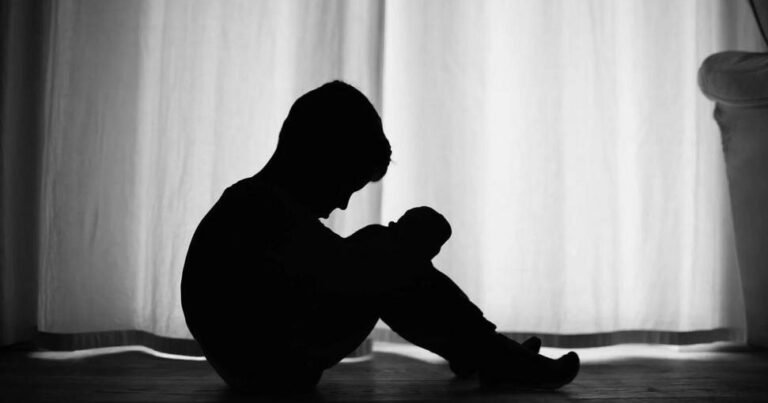The young people of our state have seen a lot in recent years, and one might say they have been forged by the challenges that have come before them.
They’ve weathered long periods of isolation and alienation caused by COVID-19 lockdowns and school closures. They’re still trying to survive in a brave new world where powerful hallucinogenic cannabis concentrates and vapes are widely available and many middle schoolers carry in their backpacks. They face a new threat: hallucinogens that are poised to flood the market after a 2022 vote legalizing so-called “magic mushrooms.”
Meanwhile, our state is being hit by an opioid overdose epidemic, including deadly fentanyl, that is shattering urban and rural families alike and impacting the lives of countless children. And the threat of violence, especially on K-12 campuses, echoes through school hallways and leaves many young people feeling uneasy. Of course, Colorado has a tragic and long history of school violence. Just last year, a student at Denver’s East High School shot and killed two school administrators, then committed suicide.
Stay up to date: Sign up to receive daily opinion pieces by email, Monday to Friday
Colorado’s children have risen to the challenge and continue to do so. Many of them are doing well. But it would be a mistake to assume they are immune. They are far from safe.
Three years ago, in the early days of the COVID-19 pandemic, Children’s Hospital Colorado declared a “pediatric mental health emergency” after facing an unprecedented wave of children as young as 8 years old needing urgent treatment, most of whom were suicidal or had attempted suicide.
And as the crisis continues, Colorado Attorney General Phil Weiser last week announced plans to use $20 million from his settlement with e-cigarette manufacturers to bolster mental health services for youth in the state.
“Young people are facing a mental health and vaping crisis caused by a lack of meaningful connections in their lives,” Weiser said at the press conference. “Even before the trauma and isolation caused by the COVID-19 pandemic, children and young people were facing increases in anxiety, depression and other mental health issues, which research shows make youth more likely to vape.”
Weiser said the $20 million will go to grant funding to pursue partnerships aimed at mental health promotion and intervention for students identified as having mental health concerns or serious concerns that are impacting their daily lives. Grant funding will be provided to community partners and school districts to help connect youth and reduce youth e-cigarette use. The application period will open this fall.
As The Gazette reports, a number of foundations have already committed to developing youth mental health solutions and investing in school- and community-led efforts to stop young people turning to nicotine use.
These foundations include Rose Community Foundation, El Pomar Foundation, Telluride Foundation, Western Colorado Community Foundation, Anschutz Foundation, Gazette Charities, Craig Sheckman Family Foundation, Caring for Colorado, Gary Community Ventures and the Denver Broncos Foundation.
A common truism during the pandemic is that “we’re all in this together,” and that still holds true now that the virus is mostly behind us. But this time around, it’s about watching your kids weather their emotional crisis.
Unfortunately, there is no vaccine or quarantine that can end this crisis. Instead, it will take all of our determination, commitment and love.
Colorado Springs Gazette Editorial Board


